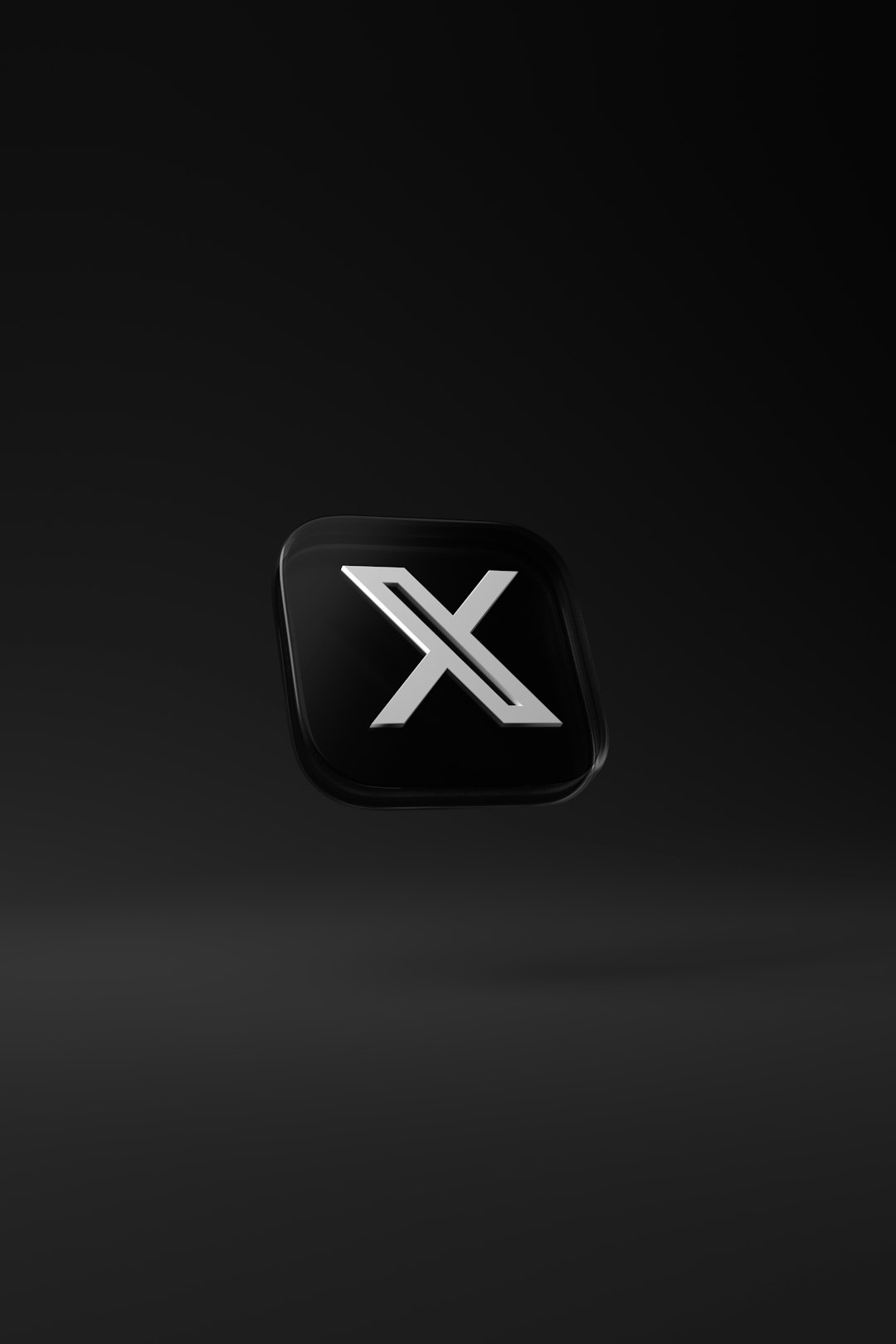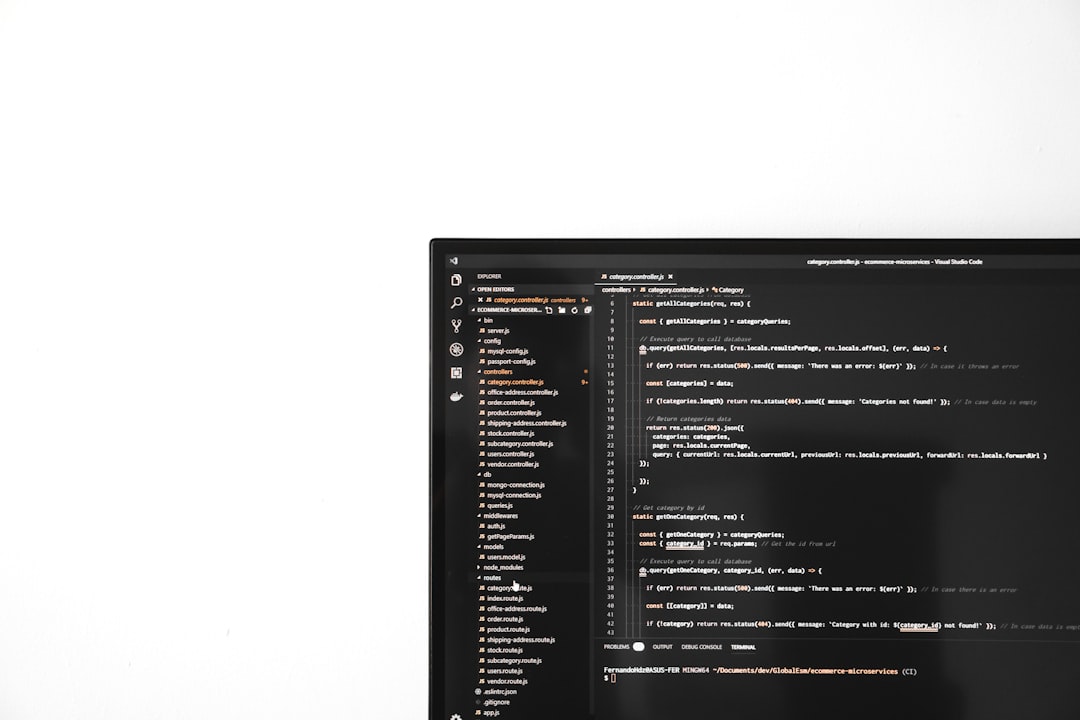In the world of web development, choosing the right browser is more than a matter of personal preference. While Google Chrome has long been the dominant tool for developers due to its robust DevTools and vast extension ecosystem, it’s not the only game in town. With concerns about performance, privacy, and battery consumption increasing, more developers are now exploring alternatives that better suit their specific needs. This guide outlines some of the best Chrome alternatives for developers in 2025, analyzing their key features and developer-friendly capabilities.
Why Look Beyond Chrome?
Despite its popularity, Chrome has some drawbacks that developers should consider:
- High RAM usage – Chrome is notorious for consuming large amounts of memory, particularly when multiple tabs and extensions are active.
- Privacy concerns – As a Google product, Chrome’s data collection practices may not align with privacy-focused workflows.
- Battery drain – On laptops, Chrome can deplete battery life more rapidly than other browsers.
Fortunately, several alternative browsers offer comparable or even superior tools for developers, often with less resource overhead and enhanced privacy controls.
1. Firefox Developer Edition
Created specifically for developers, Firefox Developer Edition is a powerful alternative to Chrome. Built by Mozilla, it provides a unique set of tools designed with heavy dev-centric features.
- Powerful CSS Grid and Flexbox debugging tools
- Privacy-focused architecture with tracking protection
- Integrated JavaScript debugger that works across devices
- Fonts panel for styling and typography debugging
It also benefits from Mozilla’s Quantum engine, which delivers fast and efficient performance, even with heavy debugging tasks.

2. Microsoft Edge (Chromium)
Based on the same Chromium engine as Chrome, Microsoft Edge has evolved rapidly and comes packed with thoughtful additions for developers. Because it retains compatibility with Chrome DevTools and extensions, the transition is virtually seamless.
- Built-in tools for performance testing and accessibility analysis
- Enhanced debugging support for PWAs and cross-browser tests
- Better memory and battery optimization than Chrome
- WebView2 integration for building native Windows apps with web tech
Edge also includes the 3D DOM viewer, which is not found in Chrome, giving developers an innovative perspective on document structure.
3. Brave
If privacy is your top concern, Brave is an excellent choice that does not compromise on developer tools. Built on Chromium, it retains the debugging features developers love while blocking ads and trackers by default.
- Fast performance with efficient memory usage
- No Google account integration needed for full functionality
- Built-in support for Chrome extensions
- Open-source and backed by a vibrant community
For developers working on security-sensitive applications, Brave offers a browser environment closer to how privacy-first users might experience the web.
4. Safari (with WebKit Developer Tools)
While limited to macOS and iOS, Safari remains indispensable for developers targeting Apple devices and browsers. Its WebKit Developer Tools offer deep integration with the Apple ecosystem.
- Highly accurate representation of how sites render on Apple devices
- Powerful inspection, network monitoring, and JavaScript debugging tools
- Includes a Responsive Design Mode for designing across Apple platforms
Safari is particularly important for testing performance behaviors impacted by Apple-specific optimizations, such as intelligent tracking prevention and rendering quirks.
5. Vivaldi
Vivaldi is a highly customizable Chromium-based browser that appeals to developers who want to tailor every aspect of their toolset. What it lacks in market share it makes up for in flexibility and technical depth.
- Built-in tools like tab stacking and developer-focused keyboard shortcuts
- Full suite of Chromium DevTools integrated
- Command Chain functionality to customize and automate tasks
- Email client, calendar, and feed reader built into the browser for all-in-one productivity
With Vivaldi, developers can control their workflow tightly and access dev tools without extraneous extensions.

Choosing the Right Browser
Your choice of browser depends on your priorities. If you’re focused on emerging web standards, Firefox Developer Edition is ahead of the curve. For those needing Chromium compatibility without wanting to use Google services, Brave or Vivaldi may be preferable. If you’re writing apps for the Apple ecosystem, Safari is indispensable.
Here’s a quick summary:
- Firefox Dev Edition – Best standards support and debugging tools
- Edge – Great Chrome alternative for enterprise and cross-platform apps
- Brave – Ideal for secure, private development setups
- Safari – Essential for macOS/iOS testing
- Vivaldi – Superb for power users and custom workflows
Final Thoughts
The landscape of developer tooling is broader than ever in 2025. While Chrome remains a reliable staple, it’s far from the only option. Developers seeking better performance, stronger privacy, or deeper customization should strongly consider these modern alternatives. Evaluating your unique workflow and the platforms you target will help guide the right decision for a productive and future-proof development environment.




